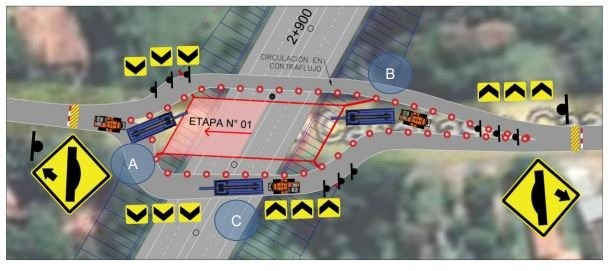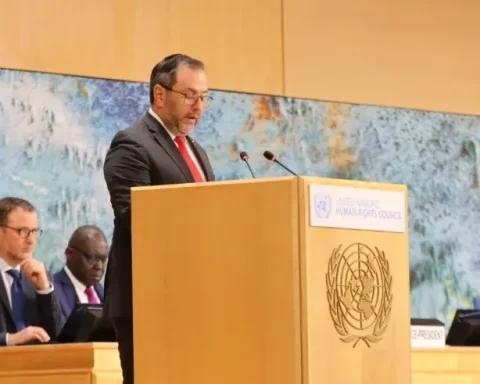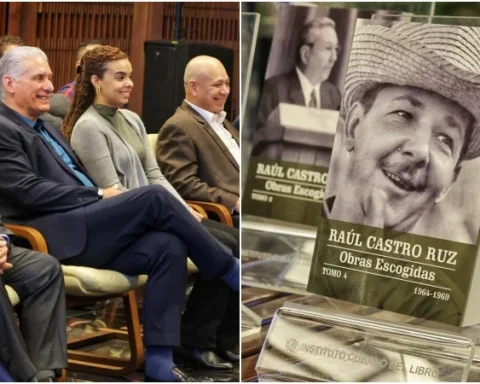Before the lawsuit, those images had been downloaded six times – half of them by Streisand’s lawyers; In the month after news of the singer’s legal appeal broke, the photos were downloaded more than 400,000 times.
The episode inspired a new concept to refer to the paradox of taking action to hide certain information and, in doing so, creating a much greater demand for that information than if no action had been taken: the “Streisand effect.” In the end, the lawsuit was dropped, but the concept is here to stay. Nothing attracts more attention than an aggressive or clumsy gesture that tries to drive it away.
As a result of what has happened in recent days regarding the lawsuit announced by the Head of Government of Mexico City, Claudia Sheinbaum, against the Norwegian company in charge of investigating why a section of Line 12 of the metro fell last year past, I would like to propose a complementary concept: the Sheinbaum chamfer. Let’s say it’s like the Streisand effect but with the aggravating circumstance that it was the singer herself who had requested the services of the photographer in question, because in this case it was the same Sheinbaum administration that hired the company against which she will now litigate.
In fact, at the time the Head of Government was very emphatic in pointing out that Det Norske Veritas (DNV) was “a company of enormous prestige” and that she would “make publicly known everything she finds with complete and absolute transparency”. But now that it has finished, and concludes that part of the collapse is attributable to maintenance failures that were the responsibility of the capital government, Sheinbaum objects that DNV did not comply with the agreed methodology for its studies and incurred a conflict of interest, since “it appears a lawyer who participated in a trial against President López Obrador.”
How is it possible that Sheinbaum maintains that the company incurs a conflict of interest when it was her government that hired her but, not liking the results, disavows her work? That is precisely the reason why good practices recommend that, in this type of circumstance, officials resign: to avoid the conflict of interest that implies choosing those who will investigate them or set themselves up as judges of the quality of their work.
That DNV has produced, even so, a report that compromises the government that hired it speaks highly of the company; that Sheinbaum rejects the report and disqualifies the company speaks very poorly of the Head of Government.

















